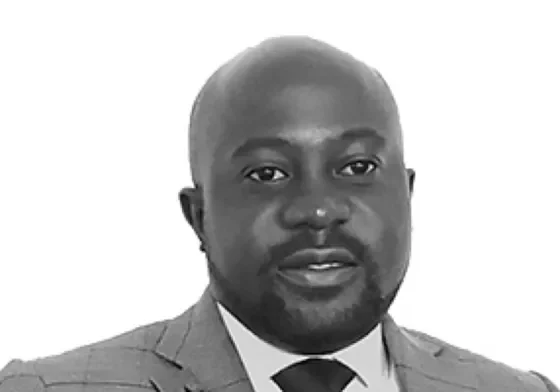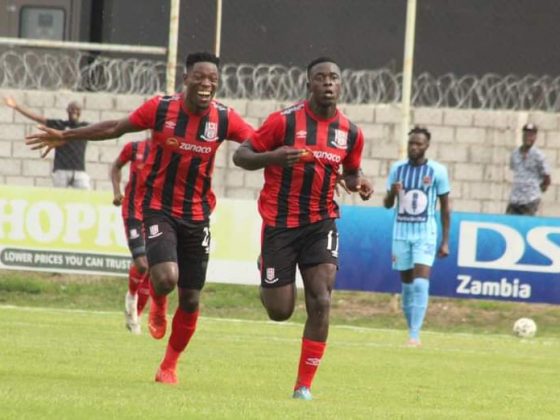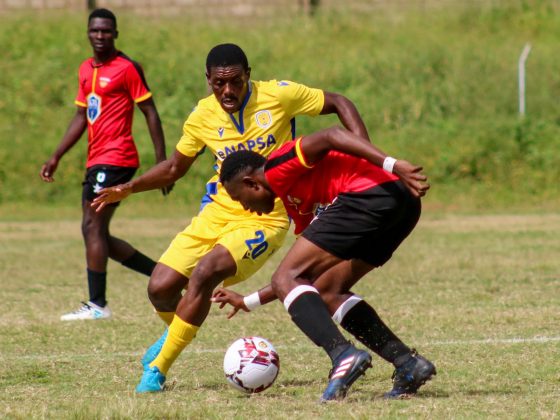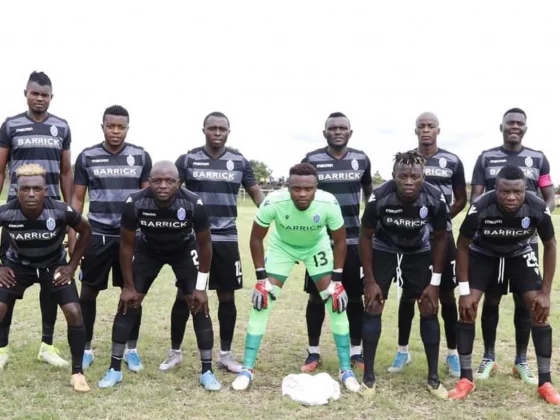Nigeria’s defeated opposition candidate, Atiku Abubakar on Wednesday rejected the official results that handed victory to his rival and incumbent president, Muhammadu Buhari.
This followed the announcement by the Independent National Electoral Commission (INEC) that Buhari garnered 56 percent of votes (15,191,847 votes) against Atiku’s 41% (11,262,978 votes), effectively handing the 76-year old former military ruler a second elective term in office.READ MORE: Buhari’s reelection certified
Rather than congratulate Buhari and the ruling All Progressives Congress (APC) upon the election win, Atiku and his People’s Democratic Party (PDP) cried foul, claiming APC had colluded with INEC to rig the election.
We wait to see how independent and truthful the acting CJN panel is.
“I hereby reject the result of the February 23, 2019 sham election and will be challenging it in court,’‘ Atiku said on Wednesday.
Atiku argued that he would have congratulated Buhari had the vote been ‘free and fair’, rather than having a litany of ‘premeditated malpractices’.
Atiku’s case
PDP spokesman Boladele Adekoya said evidence for the legal challenge was being compiled for submission to the presidential election tribunal, set up by the Supreme Court.
The evidence will likely draw from several incidents that marred the election in several parts of the country including violence towards voters and officials.
The PDP’s main claim is that data from handheld devices used to authenticate voter identities at nearly 120,000 polling units had been altered in favour of the ruling party.
It is calling for the data from the machines to be made available to all parties for checking and the election to be re-run in at least two states.
According to PDP, tens of thousands of “valid, legal” votes had been cancelled elsewhere.
“It is clear that there were manifest and premeditated malpractices in many states which negate the results announced,” Atiku said.
Atiku also questioned circumstances under which states in the northeast ravaged by insurgents’ attacks generated much higher voter turnouts than peaceful states.
Election violence
Some 327 people died in election-related violence since the campaign began in October, 67 of them during or after Saturday’s vote, according to the Situation Room monitoring group and security sources.
The violence included insurgents’ attacks to disrupt voting, and clashes between gangs and security forces around poll centres.
At 35 percent across the country, low voter turnout was blamed on a combination of apathy because of the one-week delay, organisational problems and unrest.
Buhari’s defence
Buhari on Wednesday insisted that his re-election was ‘free and fair’, pointing out that local and international observers had approved the manner in which the process was conducted.
“From the comment of several observers, both local and foreign, it is obvious that the elections were both free and fair,’‘ Buhari said, while thanking his opponents for a ‘hard-fought campaign’.
Leading civil society election monitors YIAGA Africa, which has US and British backing, said “the announced election results reflect the votes cast”, even if there were problems.
All eyes on acting chief justice
Atiku’s promise of legal action now raises the prospect of a lengthy court battle, which will dominate the run-up to Buhari’s official inauguration on May 29.
All eyes will be on Nigeria’s acting Chief Justice , Ibrahim Muhammad Tanko, who was only appointed into the role this month.
Tanko will oversee the election tribunal which has the power to overturn the result.
“We wait to see how independent and truthful the acting CJN panel is,” said the PDP’s Adekoya.
Buhari sparked controversy weeks before the election by suspending the head of the Supreme Court, Chief Justice Walter Onnoghen, after he was charged with corruption.
Critics argued it was a political motive, as Onnoghen could have ruled on any dispute.READ MORE: Buhari’s suspension of Nigeria’s chief justice breaches human rights
A petition must be filed within 21 days after the official results were declared.
Here are regulations that will guide Nigeria’s voters on Saturday http://bit.ly/2IhHuTj 122:43 – 15 févr. 2019Informations sur les Publicités Twitter et confidentialitéThe electoral regulations that guide Nigerian votersIn this article, we will look at highlights of Nigeria’s electoral laws and processes, having already documented a background to what will be …africanews.comVoir les autres Tweets de africanews






